
When I wrote my first Apple Watch Series 6 diary piece on Monday, I was still waiting for my graphite stainless steel model to arrive. I was concerned about the graphite replacing the space black, and after some hands-on time, it’s apparent that the differences are noticeable, but I don’t think they are a dealbreaker.
Before you read today’s diary installment, read the first one:
Graphite Apple Watch Series 6 vs space black
Over the years, Apple has offered an array of different shades of black across its product lineups, ranging from the jet black iPhone 7 to the space gray used in the iPhone 11 today. The stainless steel space black Apple Watch finish fell closer to the jet black end of the spectrum. It was a glossy, dark black finish with little visible reflectiveness.
This year, Apple has replaced the Apple Watch space black finish with an all-new graphite stainless steel finish. From afar, it looks similar to the space black option it replaces: it’s darker than the silver stainless steel model but not quite as dark as the space black model was.
The differences between the space black and graphite finishes are different enough that space black fans will easily be able to notice a difference, even if they look similar from afar. The graphite is noticeably lighter than the space black and much more reflective.
The comparison is hard to photograph, but here is my best attempt:

As you can hopefully see, the differences are subtle yet noticeable, but for someone coming from an earlier space black Apple Watch model, I don’t think the change to graphite is a dealbreaker.
Here’s another look at the comparison in direct sunlight:
Battery tests
Moving away from aesthetics, my other main reason for upgrading from my Apple Watch Series 4 was its aging battery life. As I explained earlier this week, my Apple Watch Series 4’s battery had a maximum capacity of 82% after two years.
While Apple promises the same 18-hour battery life with the Series 6 this year, iFixit’s teardown recently revealed that the actual battery itself is around 3% larger. Apple also says that the Apple Watch Series 6 can charge 20% faster than the Series 5.

I’ve been monitoring my real-world Apple Watch Series 6 battery life since last week, including sleep tracking, workouts, and more. Here’s a two-day sample size of the results:
- Friday night 10:00 p.m.: 93%, off the charger
- Saturday 6:30 a.m.: 83%, after sleep tracking
- Saturday 11 a.m.: 55%, after 100 minutes of workouts tracking
- Saturday 8 p.m.: 8%, on the charger
Time between charges: 22 hours
- Saturday 9:15 p.m.: 100%, off the charger
- Sunday 6:30 a.m.: 78%, after sleep tracking
- Sunday 12:00 p.m.: 48%, after 90 minutes of workouts tracking
- Sunday 8:00 p.m.: 10%, on the charger
Time between charges: 23 hours
- Sunday 8:58 p.m.: 87%, off the charger
One of the most concerning factors to me is the inconsistency of sleep tracking’s impact on battery life. Some nights, it’s between 5% and 10%, while other nights it’s as high as 22%. I noticed this throughout the watchOS 7 beta testing period, but the issue persists even with the stable release of watchOS 7.
Still to come
In the next edition of my Apple Watch diary, I’ll have more details on the blue Apple Watch Series 6 and how well it matches with various Apple Watch bands, as well as details on my cellular usage, performance improvements with the S6 processor, and more.
Any questions? Have you upgraded to the Apple Watch Series 6? If so, what do you think of it? Let me know down in the comments!
FTC: We use income earning auto affiliate links. More.
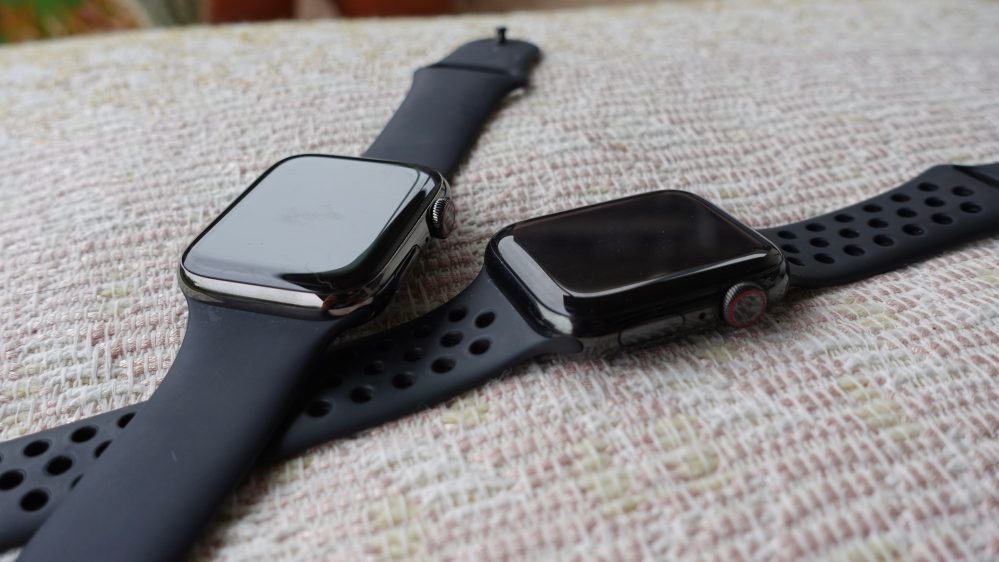
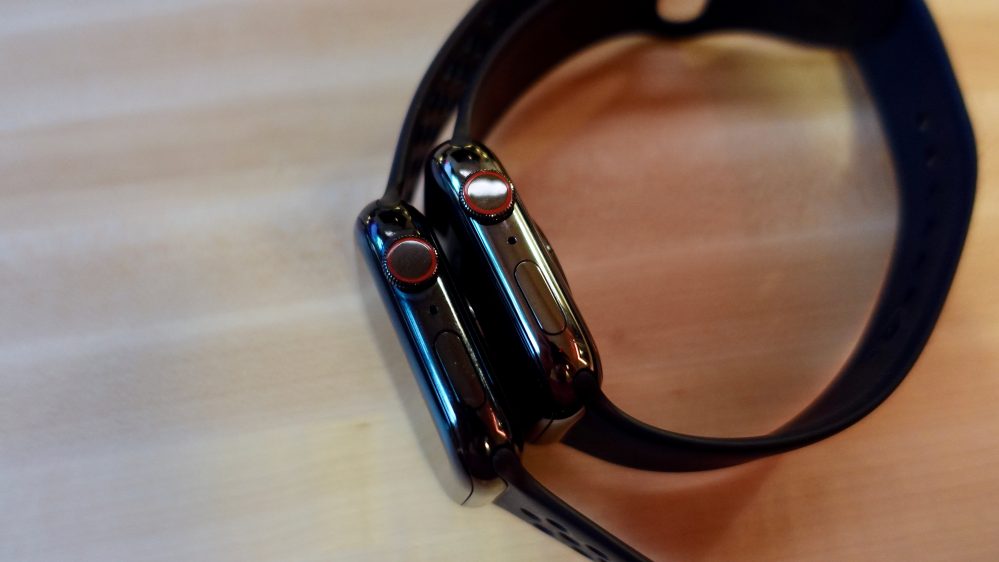
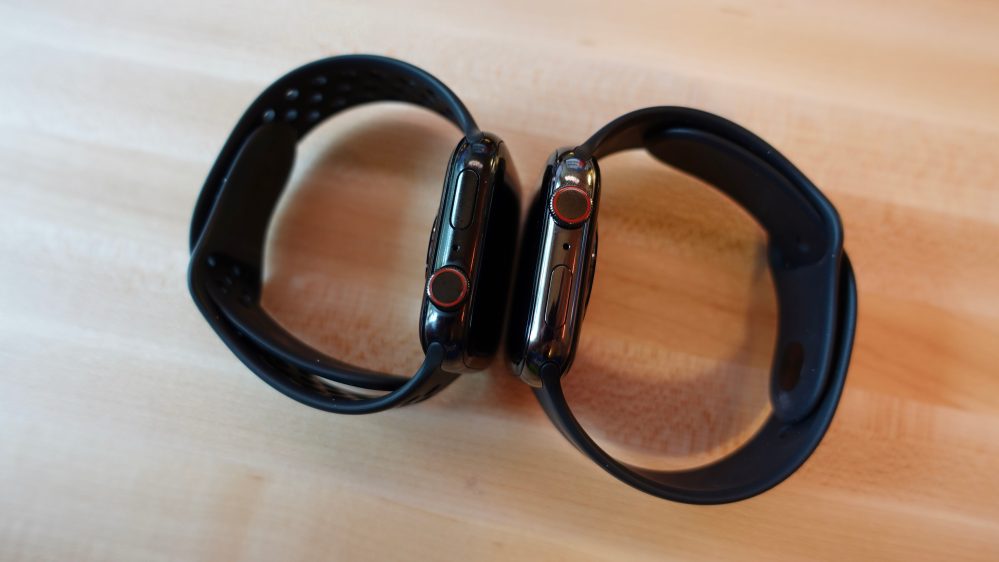
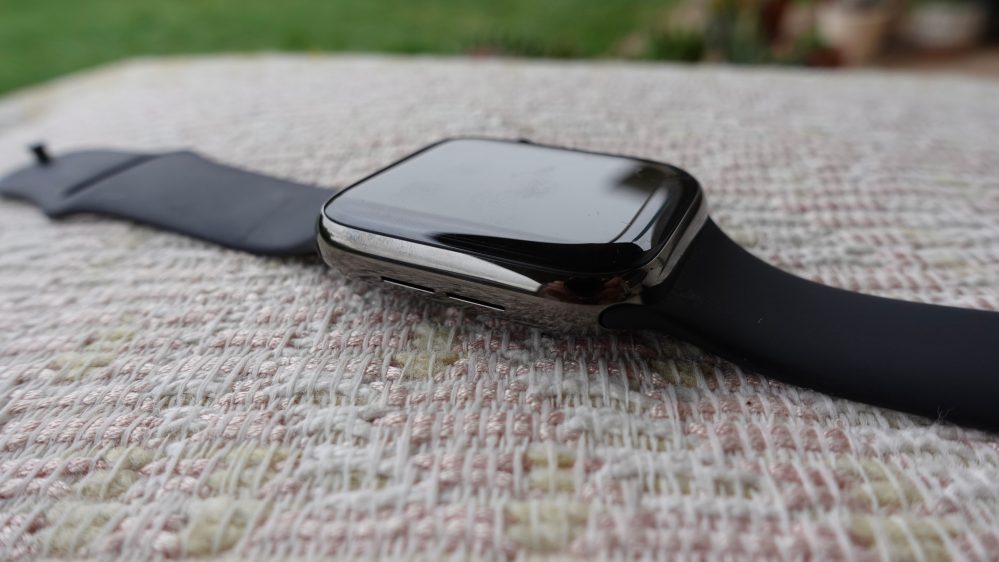
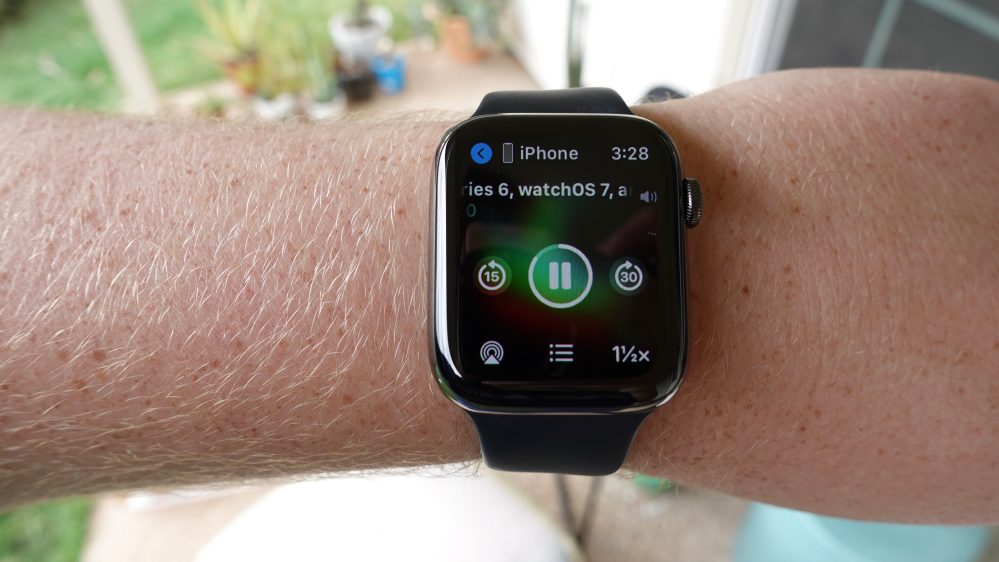
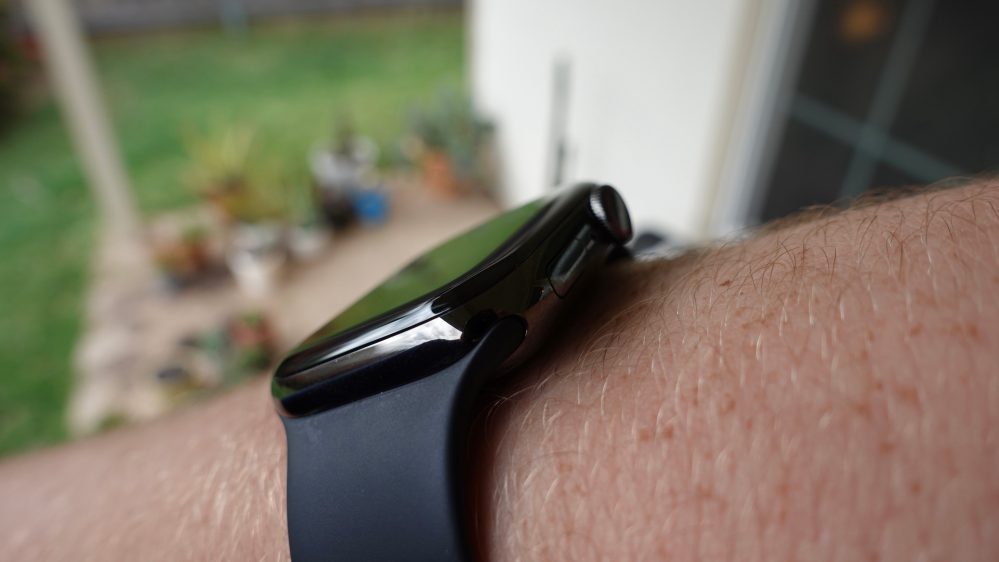




Comments